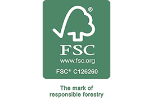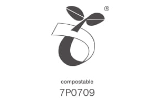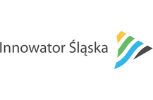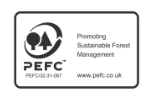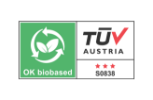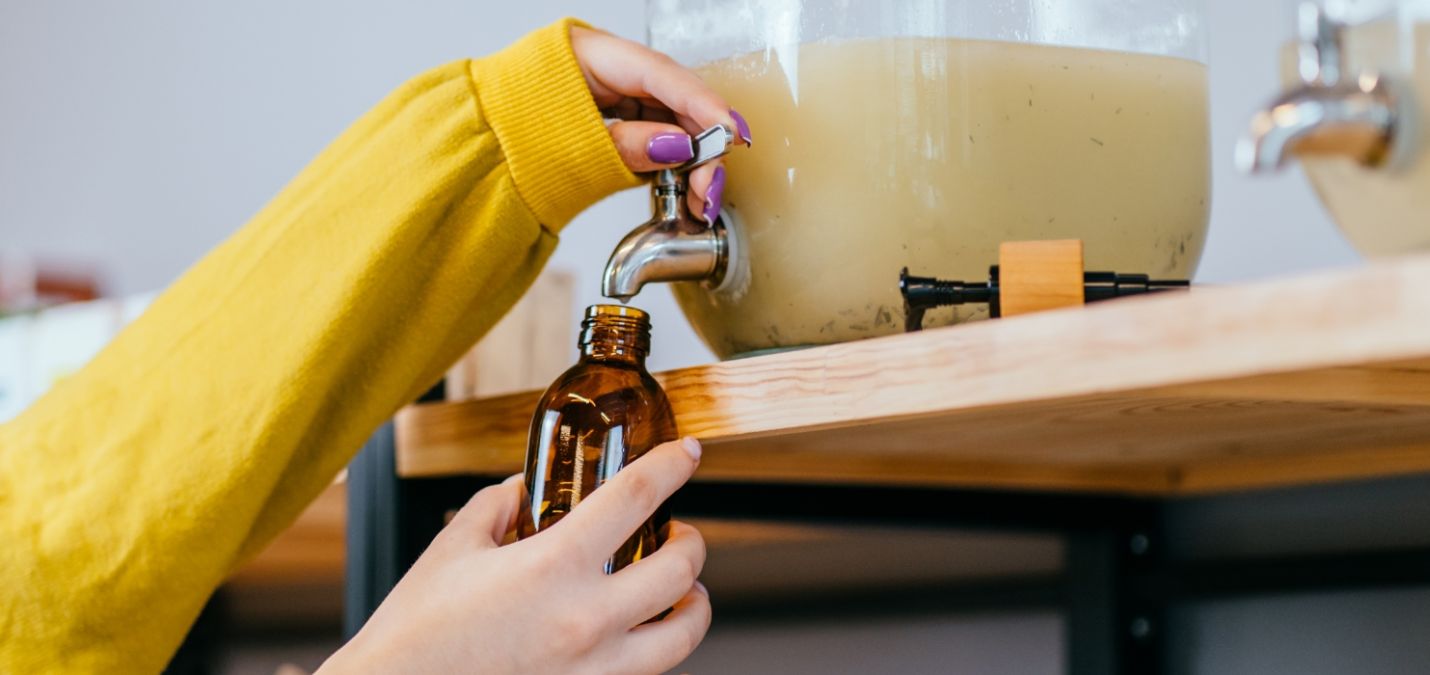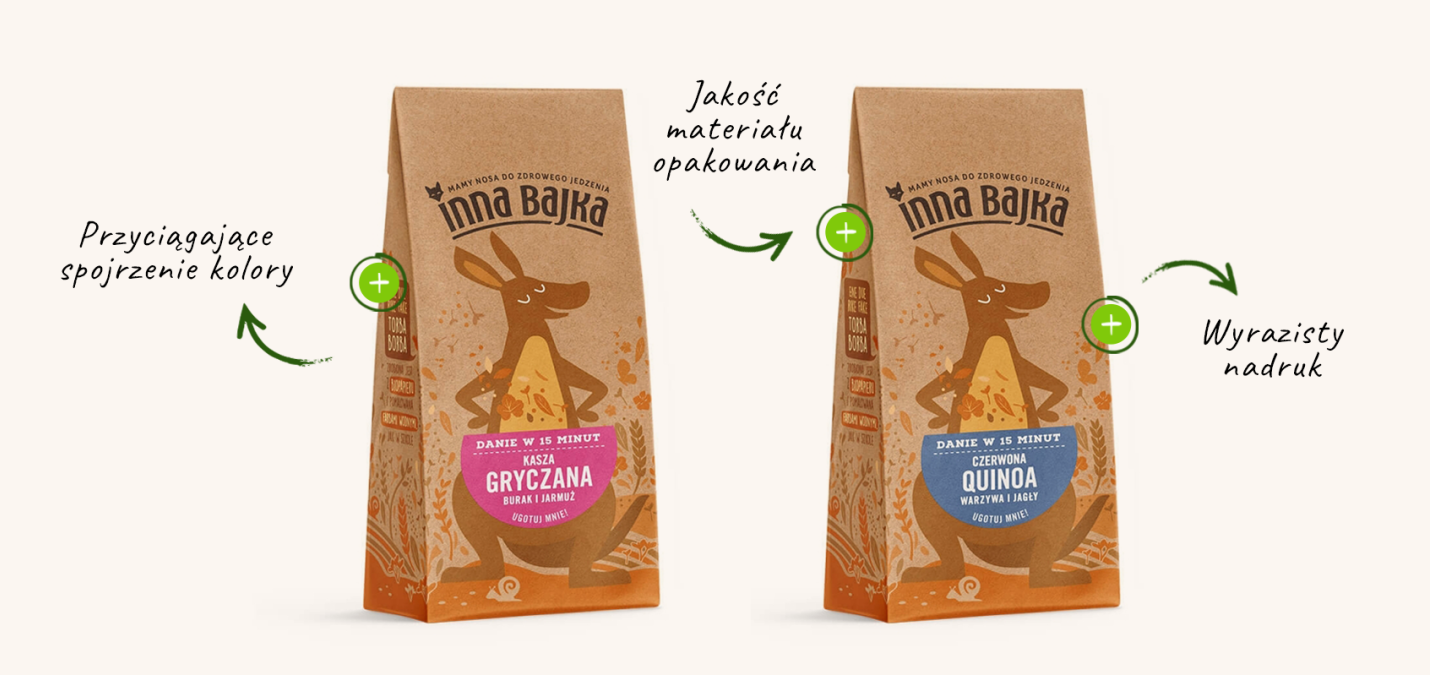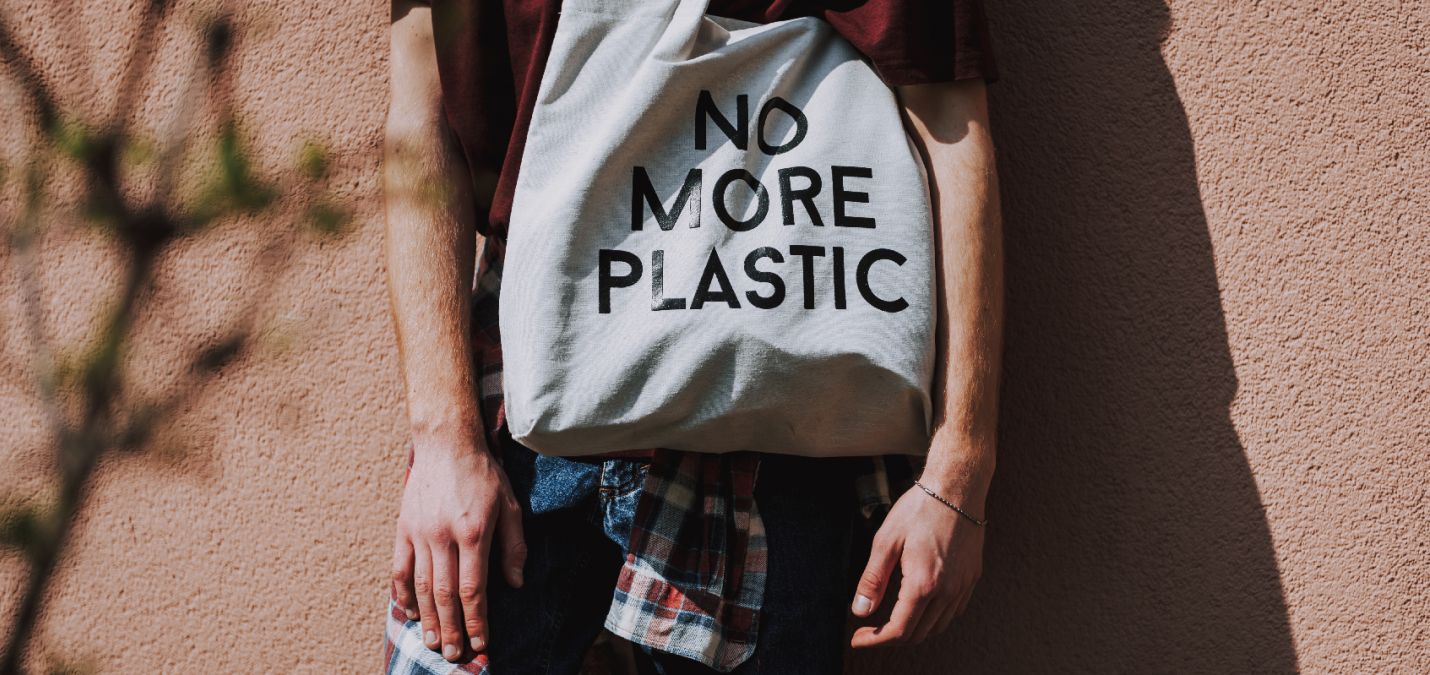

Direction- circularity. Why are the biggest brands quitting plastics?
Huge corporations are slowly beginning to understand that plastics and plastic packaging are not the best path to choose for their products. The market environment is changing, and more specifically - its regulations, standards and the expectations of customers themselves. Soon it may turn out that even something as common as plastic LEGO bricks will take on a completely new dimension. More eco-friendly.
According to preliminary estimates, by 2050 the weight of plastic waste lingering in the oceans will be greater than the weight of the fish living in them, whereas the plastics industry will consume as much as 20 percent of total crude oil production1. Of course, these are only predictions, because a lot depends on how the biggest market players will behave and what consumers will require. And that is already changing.
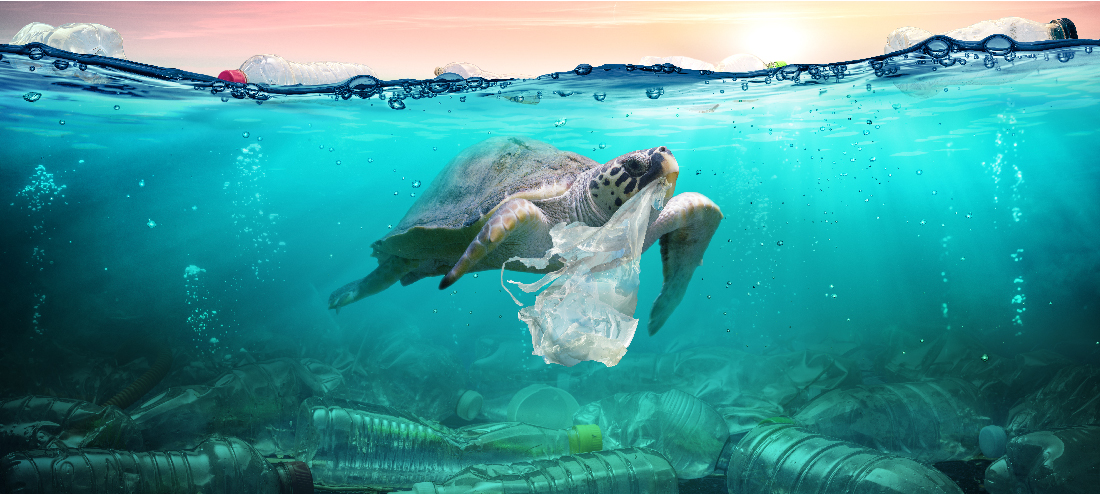
New manufacturing technologies and new materials are springing up, and this progress is accompanied by an increased environmental awareness. Many manufacturers today realise that about 80 percent2 of everyday waste is made up of valuable raw materials, such as plastic, paper, glass, metals, and organic waste, which can be reused. Another option is to produce biodegradable packaging. This is the philosophy that guides us here at SILBO.
We create products that decompose naturally and do not pollute the environment, because we use water-based paints to dye the labels. By doing so, we aim at being as close as possible to the natural decomposition processes. So the planet benefits, and the customer reaps profits from the high quality.
And what is the ecological approach of the largest corporations in the world today?
From building blocks to coffee capsules
Recently, there has been a lot about the LEGO company, which produces the iconic bricks, well known not only to children, but also to adult hobbyists. It turns out that the brand of colourful self-assembly components wants to completely eliminate plastic in its products. The artificial material is to be replaced with alternative, more environmentally-friendly materials such as sugar cane.
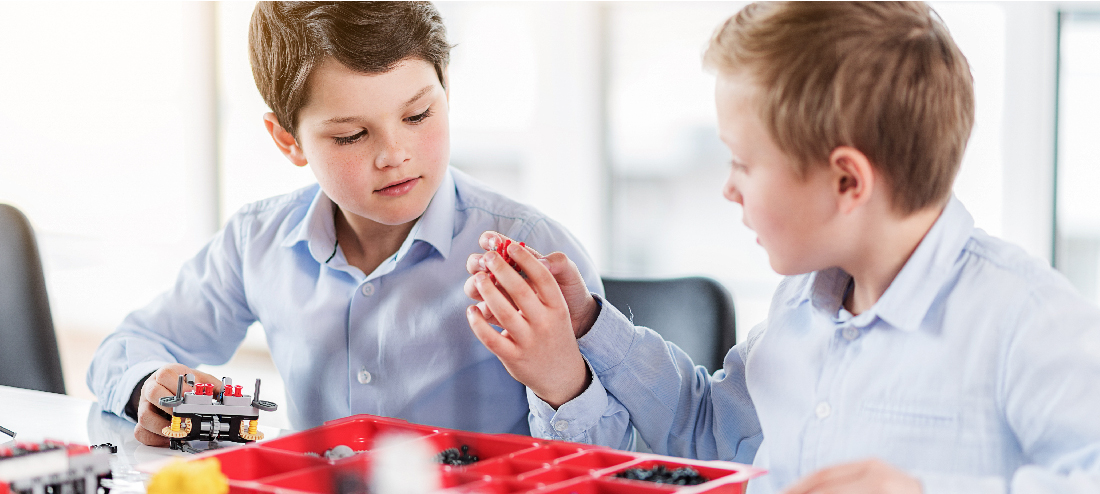
To start with, however, only a "small" revolution was planned, in the form of the withdrawal from the market of plastic bags in which some items with the Danish giant's logo are packed. They are expected to disappear by the end of 2025. The company allocated 400 million USD towards the implementation of its objectives.
Eco-friendly trends are also being promoted by other brands, including Nestlé, which has declared that 100% of its products will be recyclable within the next five years. This is geared to reduce the consumption of primary plastics by up to a third. It is happening now. Example? Gerber baby food, which is packed in sachets made of only one material. Due to this, it is possible to increase the volume of raw material intended for processing. In turn, Nespresso coffees use new capsules that are made of 80 percent recycled aluminum.
Another representative of the food industry, i.e. Mars Wrigley, which plans to use solely biodegradable packaging, is also quitting plastic. The packaging is to be made of a special material called Nodax, produced by Danimer Scientific. It is produced in fermentation processes with the use of natural vegetable oils. At the beginning, new solutions will be implemented in the Skittles products and this is scheduled to take place at the turn of 2021 and 2022.
Major modifications are also taking place in the carbonated beverage packaging sector. These are problematic products, because they must be durable, hermetic and perfectly withstand pressure forces. A novelty on the market are paper bottles with a barrier layer made of bio-derivative PEF material. This is a real innovation, developed by ALPLA and the Swedish manufacturer BillerudKorsnäs. The promoter of this solution is Coca-Cola, which intends to test it in Hungary.
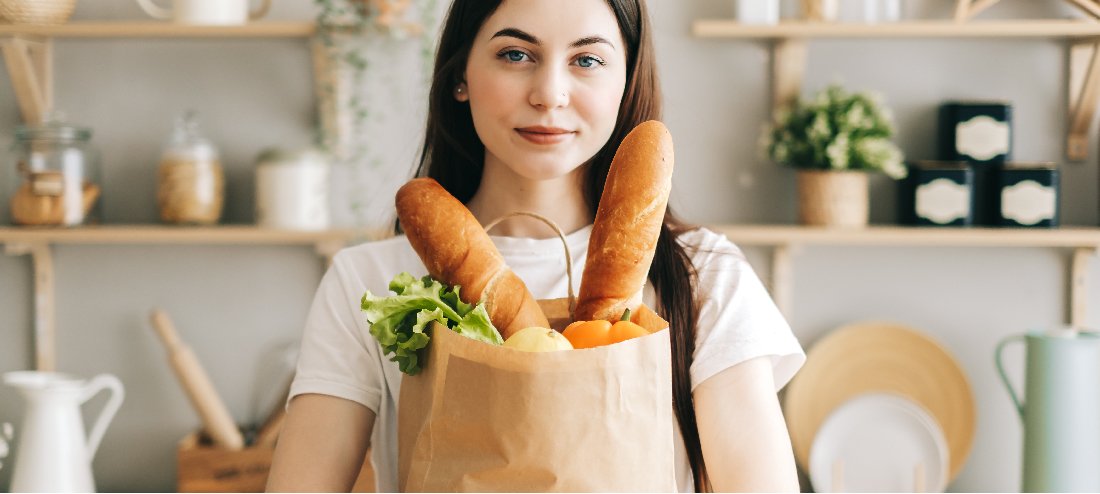
Positive changes are also visible on the Polish market. More specifically, in the Żabka chain stores. Those franchise stores with the friendly amphibian in their logo no longer offer their customers plastic shopping bags (tear-off type) and plastic coffee cups. Instead, they are opting for their biodegradable equivalents, which are supposed to minimise plastic consumption by as many as 1,000 tons per year. And yet, a statistical Pole uses, on average, about 490 plastic bags each year.
The trend is commercial, but the motivation is legal
Undoubtedly, new ideas coming from the world's largest brands can be a reason to rejoice. But even the most positive initiatives do not come from nowhere and are often preceded by various regulations and norms. It is the law that creates a kind of pressure on producers and consumers to minimise the consumption of single-use plastic.
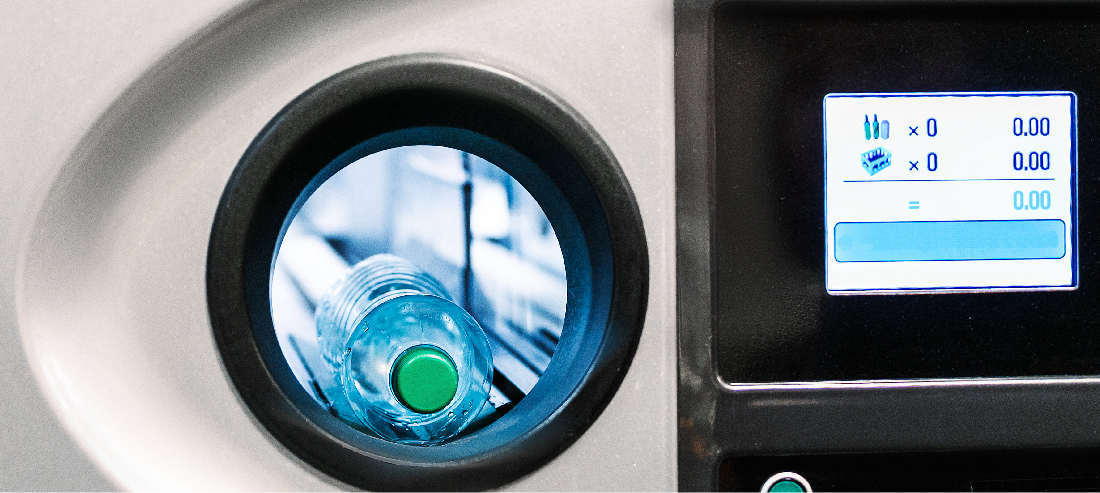
One example is the "Bottle Vending Machine Act", which was recently included in the parliamentary debates. According to its provisions, all stores above 2,000 square meters would offer to customers deposit devices, known as bottle vending machines. Such solutions are already being introduced, for example, in the Czech Republic. This is to encourage customers to donate used plastics in exchange for cash.
A strategy that reaches beyond country borders is also being developed. It is already visible that the action plan for the circular economy adopted by the European Commission is working, and the circular approach mobilises producers to change the way products are manufactured. The goal of this policy is to achieve climate neutrality by 2050. And there is a lot to be done, since currently only 12 percent of the materials and resources used are recovered for the economy.
However, there is light at the end of the tunnel, especially when it comes to the last two or three years. According to data collected by Fior Markets, the recycled packaging segment expanded its reach in 2019, accounting for 37.43% of the market. This group includes biodegradable, and reusable products, as well as products obtained from other, previously used materials3.
Major initiatives to reduce plastic pollution
There is strength in numbers-- this is the assumption made by the representatives of the innovative NextWave Plastics consortium4, whose aim is to prevent waste from entering the ocean and to act in favour of the circular economy. This initiative was launched in 2017 and 10 companies now identify with it, including HP, Dell and IKEA.
Those assumptions are followed by specific implementations. In 2019, HP launched its innovative HP Elite Dragonfly notebook, the world's first computer made from post-consumer recycled and ocean-derived plastics. IKEA launched a similar line, which introduced the Musselblomm collection at the beginning of 2020. It is a set of items made of recycled plastic and PET plastic waste collected in the Mediterranean Sea.
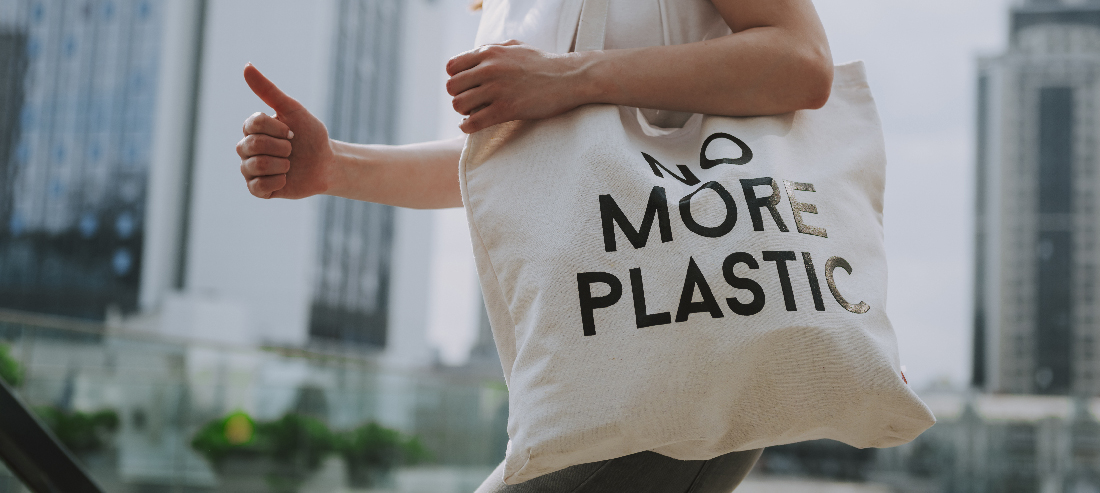
It is also worth mentioning another synergistic initiative, which is New Plastics Economy Global Commitment, i.e. a global agreement initiated by the Ellen MacArthur foundation in collaboration with the United Nations. Its assumption is the complete elimination of plastic waste that is not subject to a closed circuit. The project was joined by an LPP concert (owner of the Mohito, Reserved, Cropp, Sinsay brands), which undertook to eliminate disposable plastic packaging by 2025 when completing stationary and online orders.
Consumer needs are changing
To some extent changes in the approach to production processes are forced not only by legislative bodies, but also by consumers themselves, who pay more and more attention to what is packaged and whether their individual purchasing decisions will not harm the planet. According to the Trivium Packaging 2020 report, as much as 67 percent of respondents are regarded as "environmentally conscious".
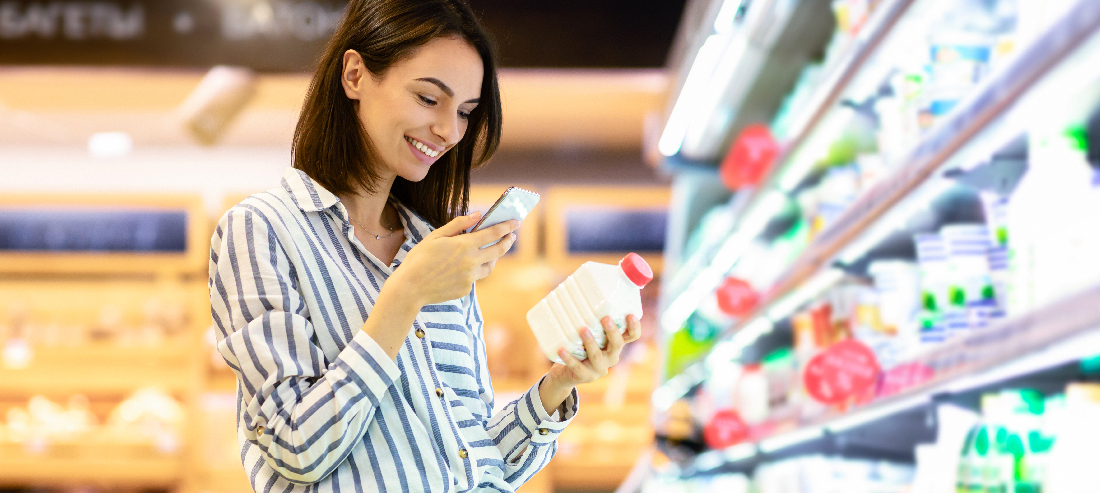
This is especially visible among the youngest brand customers. According to the Global Web Index, 76 percent of Millennials are more likely to choose recyclable packages than disposable ones made of plastic. In addition, 61 percent agree that it is good to pay more for a product as long as its packaging is environmentally friendly5.
For many years at SILBO we have noticed a change in the business paradigm, which is primarily focused on environmental responsibility and concern.
Not only do we observe it, but also act. In line with the generational change in approach, we produce packages designed for the present times. The ones that harm the planet as little as possible, and at the same time offer value to the customer.
[1] Source: New Plastic Economy, Rethinking the future of plastics.
[2] Source: http://www.szklarskaporeba.pl/sprawy-miejskie/ochrona-srodowiska/2085-smiecenie-odpada.html)
[4] More on this topic: https://www.nspackaging.com/analysis/nextwave-plastics/
[5] Source: https://kukbuk.pl/artykuly/ekotrendy-na-2021-rok/
Zobacz również:
Most frequently read

About company
Silbo – packaging production experts with 20 years of experience in the industry. We support environmental protection on many levels, for example with creating new, biocompostable standards in the field of packaging production. These are the main values on which the activity of SILBO is based: focusing on innovation, ecology and quality issues.


Received certificates
